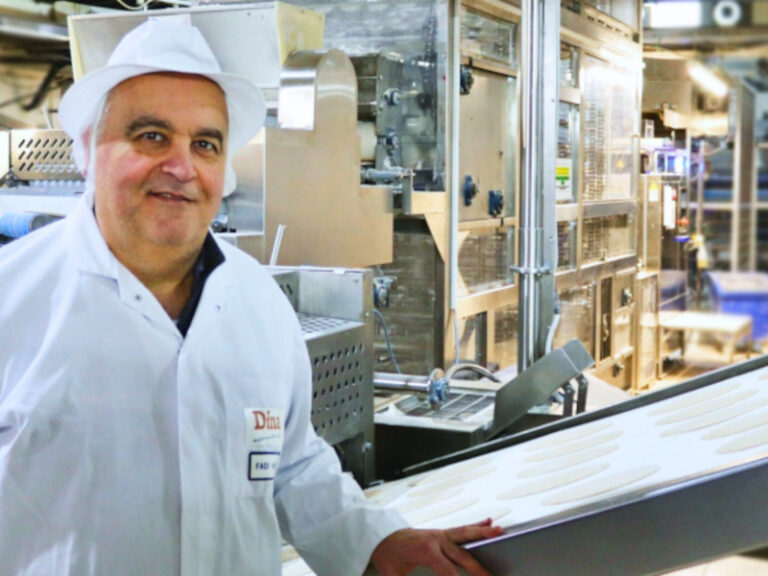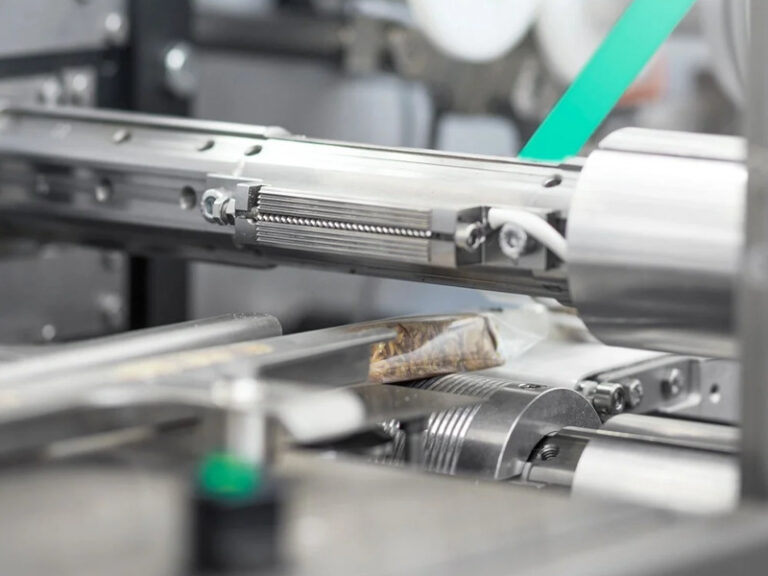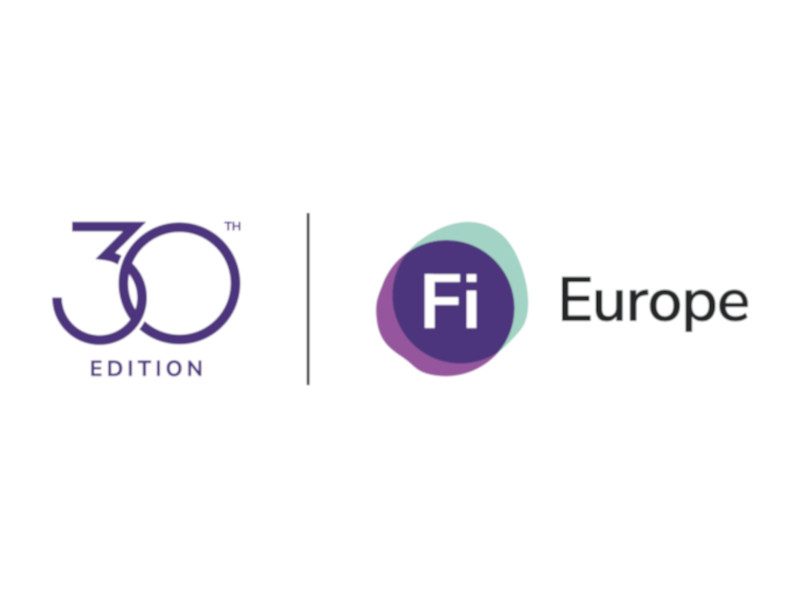According to Research Intelo, the Global Plant-Based Bakery market size was valued at $4.2 billion in 2024 and is projected to reach $10.7 billion by 2033, expanding at a CAGR of 10.8% during the forecast period of 2025–2033. The robust growth of the plant-based bakery market is largely attributed to the rising health consciousness among consumers worldwide, coupled with a marked shift toward sustainable and ethical food choices.
As dietary preferences evolve, consumers are increasingly seeking bakery products that are free from animal-derived ingredients, yet deliver on taste, texture, and nutritional value. This paradigm shift is further fueled by advancements in plant-based ingredient technology, enabling manufacturers to offer bakery items that closely mimic their traditional counterparts. The market’s upward trajectory is also underpinned by the proliferation of vegan and flexitarian lifestyles, which are rapidly gaining traction across both developed and emerging economies.
The bakery industry, long dominated by traditional dairy, eggs, and butter, is undergoing a quiet but powerful revolution. The rise of the plant-based bakery market reflects a global shift toward conscious consumption, sustainability, and health-focused eating habits. Consumers are no longer just looking for sweet treats; they are seeking guilt-free indulgence aligned with their ethical and dietary values. This evolution has inspired bakers, food technologists, and brands to rethink the fundamentals of pastry, bread, and dessert creation using plant-derived ingredients that replicate or even surpass the taste and texture of conventional baked goods.
Key Market Drivers: Health, Sustainability, and Innovation
Health-conscious consumers are increasingly seeking bakery items free from cholesterol, saturated fats, and artificial additives. Plant-based bakery products naturally align with these preferences, often featuring cleaner labels and nutrient-rich ingredients. Products made with whole grains, flaxseed, and nut-based fats not only cater to vegan consumers but also appeal to those managing cholesterol or lactose intolerance.
The environmental footprint of animal-based ingredients particularly dairy and eggs has prompted a surge in demand for sustainable alternatives. Consumers concerned about carbon emissions, water use, and animal welfare are gravitating toward plant-based baked goods. Brands that promote eco-friendly sourcing, recyclable packaging, and transparent supply chains are seeing stronger loyalty among young, environmentally aware buyers.
Technological progress in food science has transformed the plant-based bakery landscape. Egg replacements like aquafaba (chickpea brine) and pea protein isolates replicate the aeration and binding properties of eggs, while plant-based butters made from coconut and shea blends mimic the mouthfeel of dairy fats. Moreover, innovations in fermentation and enzymatic processing have improved the texture and shelf life of plant-based baked goods, addressing earlier quality concerns.
Read more latest industry news and developments in our free to download magazine.
Never miss a story… Follow us on:
LinkedIn: International Bakery
X: @int_bakery
YouTube: @Bakery-TV
Media contact
Joseph Clarke
Editor, International Bakery
Tel: +44 (0) 1622 823 920
Email: editor@in-bakery.com




























